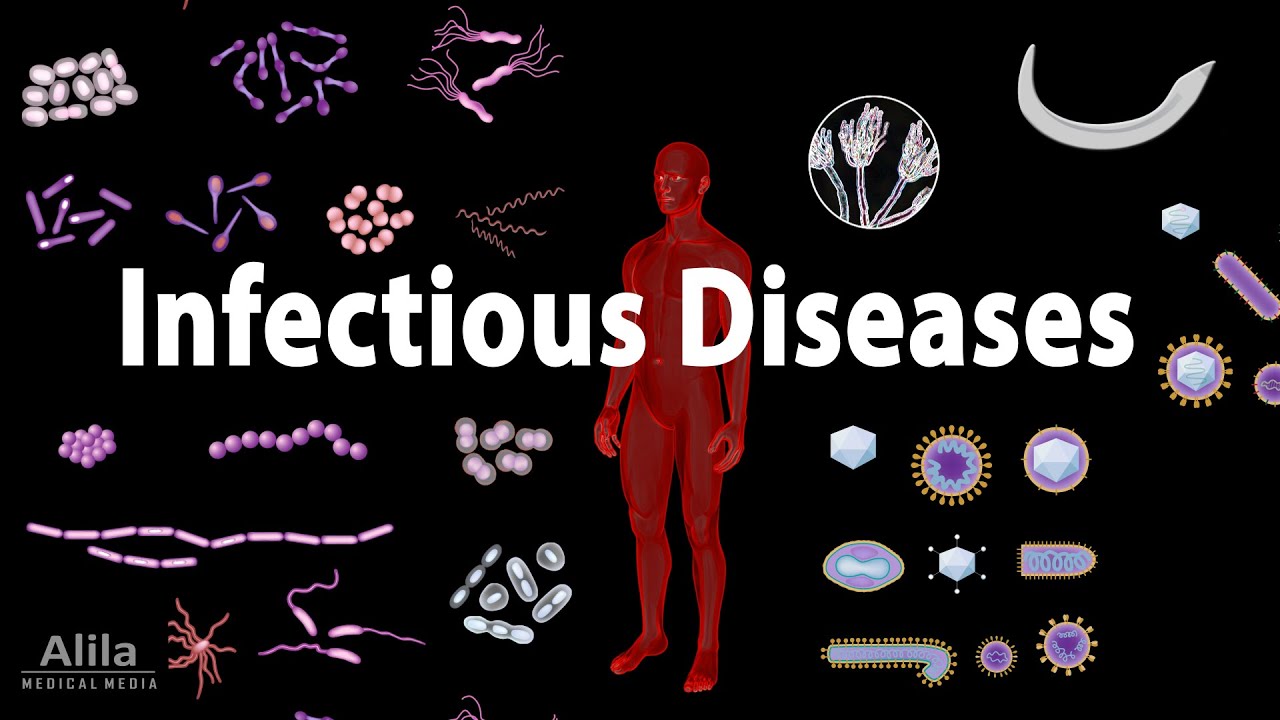NEW YORK (Reuters Health) – Revised guidelines for the prevention of early-onset group B streptococcal (GBS) disease in newborns contain “important changes for clinical practice,” and include the advisory that erythromycin is no longer recommended under any circumstances.
A report in the April issue of Obstetrics & Gynecology summarizes the 2010 GBS guidelines issued by the US Centers for Disease Control, which the American College of Obstetricians and Gynecologists has endorsed.
The document notes that national guidelines have decreased the incidence of early-onset group B streptococcal sepsis from 1.7 cases to less than 0.4 cases per 1,000 live births. Universal screening at 35-37 weeks of gestation and intrapartum antibiotic prophylaxis continue to be the basis of the prevention strategy.
For detection of maternal GBS colonization, rectovaginal swab specimens are still recommended but chromogenic media and nucleic acid amplification tests are an option in place of culture testing, according to the report. For urine specimens, labs should now report concentrations of at least 104 CFU rather than reporting GBS in any concentration.
Penicillin remains the antibiotic of choice of intrapartum prophylaxis. For allergic women, cefazolin, clindamycin or vancomycin — but not erythromycin — are alternatives depending on patient history and organism susceptibility.
Intrapartum antibiotic prophylaxis is optimal if administered at least 4 hours before delivery, the guidance notes. While such procedures should therefore be timed accordingly, if possible, but “no medically necessary obstetric procedure should be delayed in order to achieve 4 hours of GBS prophylaxis before delivery.”
The guidelines now include new and separate algorithms in cases of preterm labor and for preterm premature rupture of membranes.
Nonetheless, the revised guidelines are not expected to meet all eventualities. As the ACOG Committee on Obstetric Practices states, “Even complete implementation of this complex strategy will not eliminate all cases of early-onset group B streptococcal disease.”
Obstet Gynecol 2011;117:1019-1027.






